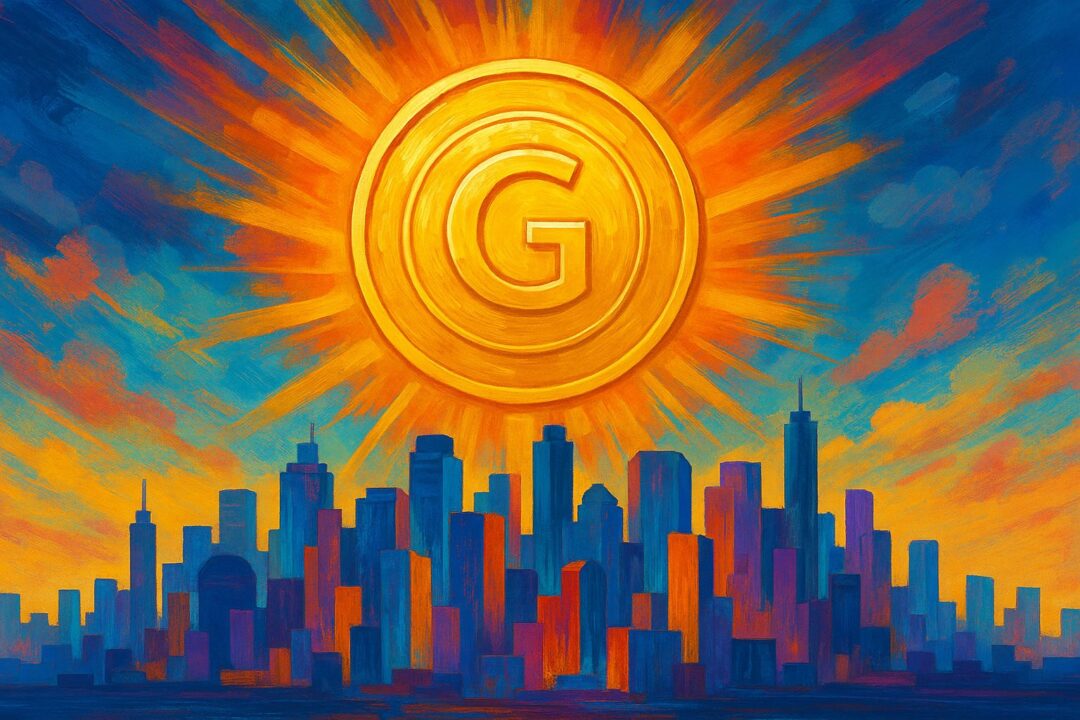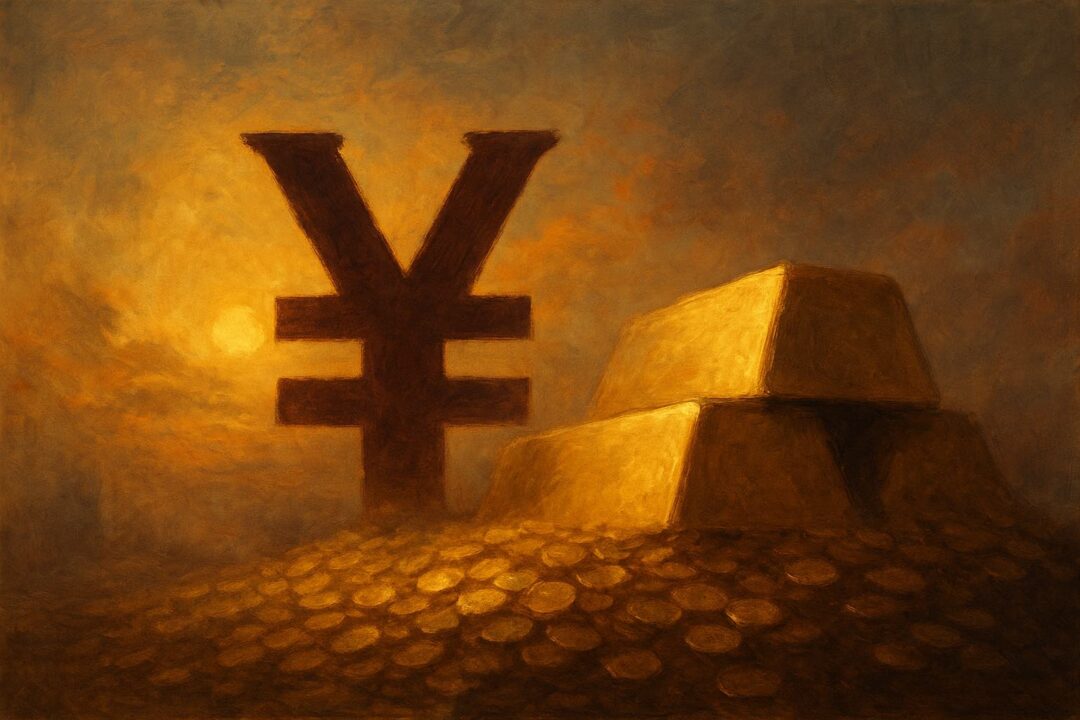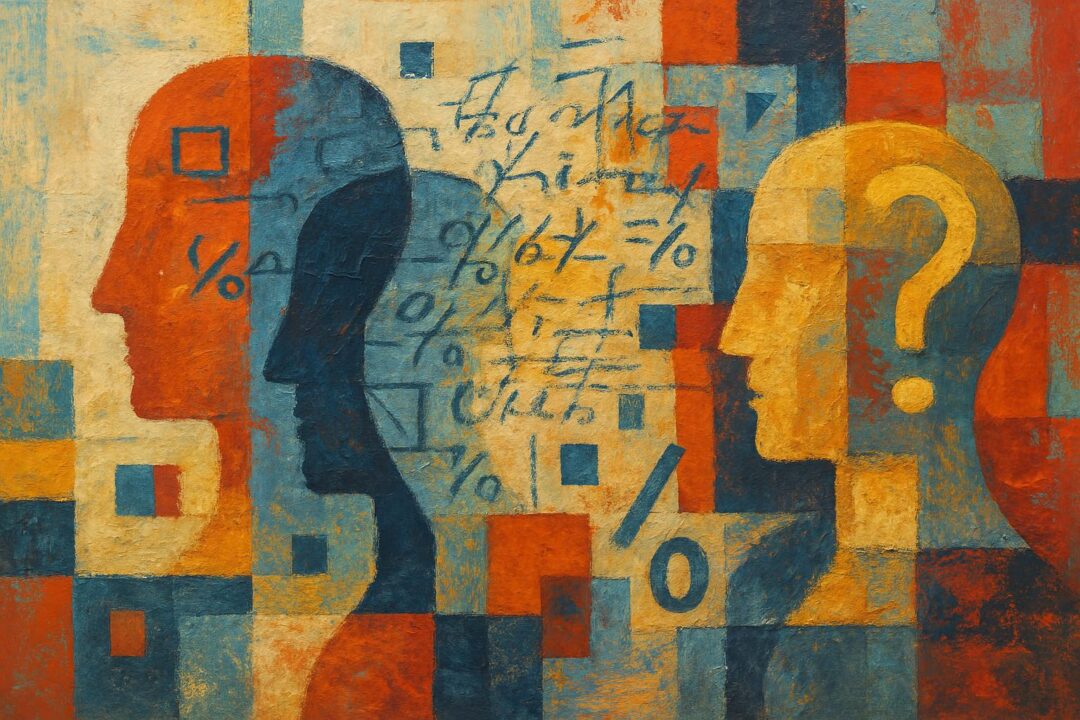What if I told you that six economists shaped nearly every major economic decision of the last two centuries?
They weren’t just scholars. They were architects of revolutions, saviors of collapsing economies, champions of free markets, and prophets of innovation. They inspired constitutions, reshaped entire governments, and even helped trigger world-changing crises. Some defended capitalism. Others tried to tear it down. And each, in their own way, changed how billions of people live, work, and think about money, value, and freedom.
This is more than just theory — this is a history of the people whose ideas built the modern world, brick by philosophical brick.
📜 It All Started With Adam Smith
In 1776, Adam Smith launched economics as a discipline with The Wealth of Nations. He argued that individuals, by pursuing their own interests, inadvertently contribute to the common good—an idea he called the “invisible hand.” It was a vision of a market-based system that organizes itself without centralized control.
But Smith’s foundational vision was just the beginning. Since then, a series of intellectual giants have reshaped the way we understand markets, governments, growth, and human behavior. Here’s a look at the most influential economists after Adam Smith—those whose ideas transformed economic systems, redefined political ideologies, and changed how billions of people live.
🧠 Karl Marx (1818–1883)
📌 The Critic Who Forced Capitalism to Justify Itself
Where Smith saw harmony, Marx saw struggle. He argued that capitalism inherently creates a divide between owners (capitalists) and workers (proletariat). In Das Kapital and The Communist Manifesto, Marx presented capitalism as a system driven by exploitation, destined to collapse under its contradictions.
🌍 How He Changed the World:
- Introduced class analysis as a lens for understanding history and economics.
- Inspired revolutionary movements across the 20th century—Soviet Union, China, Cuba.
- Forced liberal democracies to adopt labor protections, social safety nets, and regulations in part to counter Marxist critiques.
While Marx’s predictions about capitalism’s collapse didn’t materialize as he envisioned, his influence on economic justice, class politics, and anti-capitalist thought remains seismic.
❗ What He Got Wrong:
- Capitalism didn’t collapse; it adapted and grew stronger.
- Marx-inspired regimes often became authoritarian, repressive, and economically inefficient.
- He underestimated the power of innovation, reform, and democracy to improve capitalism over time.
🧠 John Maynard Keynes (1883–1946)
📌 The Man Who Saved Capitalism from Itself
During the Great Depression, classical economics had no answer for mass unemployment and economic collapse. Keynes, in The General Theory of Employment, Interest, and Money, argued that aggregate demand drives the economy—and when demand collapses, government must intervene.
🌍 How He Changed the World:
- Fathered macroeconomics as a distinct field.
- Created the rationale for deficit spending, stimulus, and counter-cyclical fiscal policy.
- His ideas underpinned the post-WWII Keynesian consensus, from the New Deal to Europe’s social democracies.
Keynes didn’t oppose capitalism—he saved it, arguing that judicious government intervention could stabilize markets and preserve liberal society.
❗ What He Got Wrong:
- Over-reliance on spending led to chronic deficits and inflation in the 1970s.
- Keynesian models couldn’t explain stagflation.
- Political misuse of his ideas sometimes resulted in unproductive government expansion.
🧠 Friedrich Hayek (1899–1992)
📌 The Defender of Decentralized Freedom
In contrast to Keynes, Hayek believed that economic planning—however well-intentioned—inevitably led to tyranny. In The Road to Serfdom, he warned that centralizing economic decisions would destroy personal freedom and democracy.
🌍 How He Changed the World:
- Reinforced the case for limited government and individual liberty.
- Emphasized that market prices convey decentralized knowledge better than any planner.
- Laid the philosophical groundwork for the neoliberal wave of the 1980s (Reagan, Thatcher).
Hayek’s influence wasn’t just economic—it was political. He helped shift the intellectual climate toward free markets and skepticism of state power.
❗ What He Got Wrong:
- Dismissed effective welfare states and successful public policies in mixed economies.
- Offered few practical policy alternatives for social issues and inequality.
- Sometimes overstated the threat of state intervention in democratic contexts.
🧠 Milton Friedman (1912–2006)
📌 The Revolutionary Who Made Markets Supreme Again
A leading figure of the Chicago School, Friedman resurrected classical liberal ideas at a time when Keynesianism reigned. He argued that inflation is always a monetary phenomenon and that central banks, not fiscal stimulus, should guide economies.
🌍 How He Changed the World:
- Championed monetarism and the natural rate of unemployment.
- Provided the intellectual foundation for deregulation, privatization, and free trade.
- Influenced global policy, from the Federal Reserve to Chile’s economic reforms.
He also advocated for school vouchers, a volunteer military, and limited government, believing individual freedom was the highest economic and moral good.
❗ What He Got Wrong:
- Monetarism underperformed in real-world central banking.
- Deregulation efforts contributed to financial instability and inequality.
- His ties to Pinochet’s Chile raised moral and ethical questions.
🧠 Joseph Schumpeter (1883–1950)
📌 The Prophet of Innovation and Creative Destruction
While Keynes and Friedman focused on stabilization, Schumpeter looked at capitalism as a long-term evolutionary force. He argued that capitalism thrives on “creative destruction”—the relentless replacement of the old by the new.
🌍 How He Changed the World:
- Positioned entrepreneurs and innovation as central to economic growth.
- Anticipated tech-driven capitalism decades before Silicon Valley.
- Warned that capitalism might collapse under its own cultural contradictions.
Schumpeter’s influence grew posthumously, and today, he’s considered a visionary of entrepreneurial capitalism.
❗ What He Got Wrong:
- Underestimated capitalism’s resilience and cultural adaptability.
- His concept of disruption overlooked the human cost—job loss, inequality, regional decline.
- His theories were difficult to apply practically in policy-making.
🧠 Paul Samuelson (1915–2009)
📌 The Mathematician Who Turned Economics Into a Science
Samuelson revolutionized economics by introducing mathematical rigor. In Foundations of Economic Analysis, he brought formal modeling to economics, transforming it into a more predictive, structured discipline.
🌍 How He Changed the World:
- Unified Keynesian macro and neoclassical micro into the “neoclassical synthesis.”
- Wrote the most influential economics textbook of the 20th century.
- Helped turn economics into a professionalized and policy-relevant science.
Samuelson didn’t create a new ideology—he gave economic thinking a new language and toolkit.
❗ What He Got Wrong:
- Encouraged “physics envy”—overly abstract, sometimes unrealistic modeling.
- Underestimated the Soviet Union’s inefficiencies and overestimated its growth prospects.
- Contributed to mainstream dominance that excluded alternative schools of thought for decades.
Final Thoughts: Why These Economists Mattered
Each of these thinkers changed not just how we interpret economies, but how we build societies:
- Marx forced us to confront capitalism’s darker side.
- Keynes showed how to save it from collapse.
- Hayek warned against overreach.
- Friedman restored faith in market freedom.
- Schumpeter revealed capitalism’s deepest engine: innovation.
- Samuelson turned economics into a true social science.
Together, they didn’t just write theories. They shaped ideologies, designed institutions, influenced elections, and helped write the economic rules of the modern world.
And by understanding not just what they got right—but also what they got wrong—we equip ourselves to better navigate the complex, evolving economies of today.
Discover more from Brin Wilson...
Subscribe to get the latest posts sent to your email.



